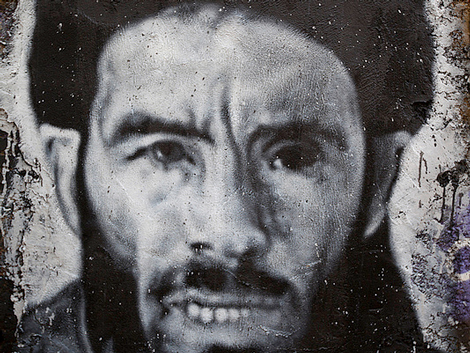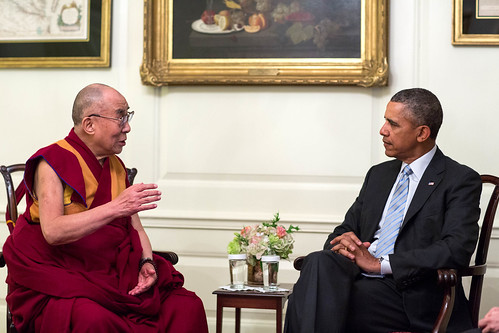
This is a cross-post from the IPI Global Observatory.
Since 1989, popular demands and large-scale protests in Eastern Europe helped to successfully topple communist regimes, usually with support from long-standing anti-communist civil society stakeholders. Every Eastern European country has since made significant advances in creating and strengthening its democratic institutions. Many, such as Poland, Lithuania, and (most recently) Croatia, became members of the European Union and NATO. Those still struggling—Albania, Serbia, Macedonia, and Moldova, for example—still see membership in the EU as the pinnacle of their democratic projects.
But upheavals over the past year are challenging many pre-existing notions about protest, democratization, the robustness of civil society, and paths to post-communist transition. Unlike the revolutions of 1989, which focused on such unassailable issues as democracy, human rights, and civic freedoms, the current wave of Eastern European discontent addresses the crippling and omnipresent effects of state-level and public sector corruption. In recent months, wide swaths of these societies have taken to the streets to demand varying degrees of government change, ranging from simple course corrections to full-scale revolution.




